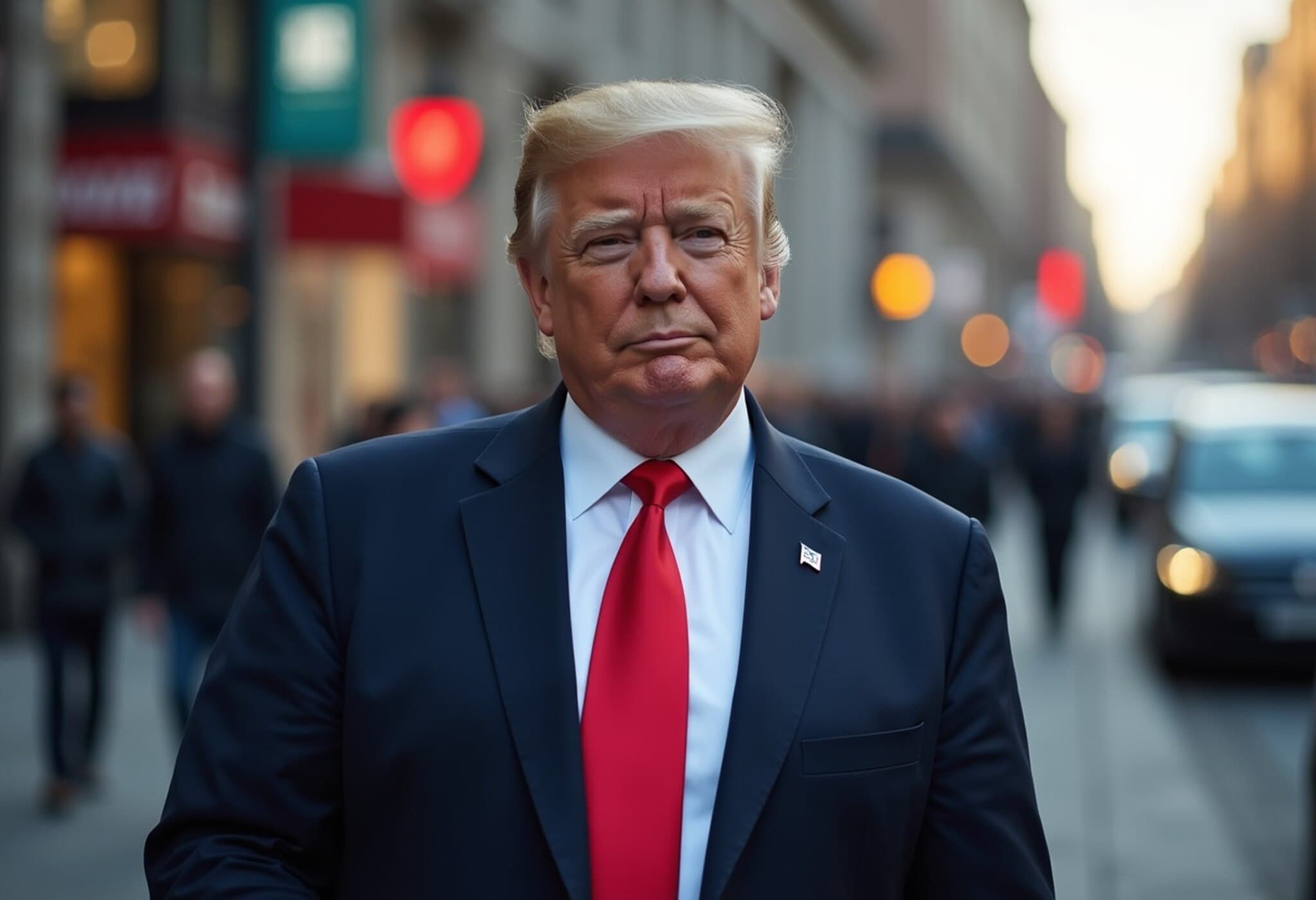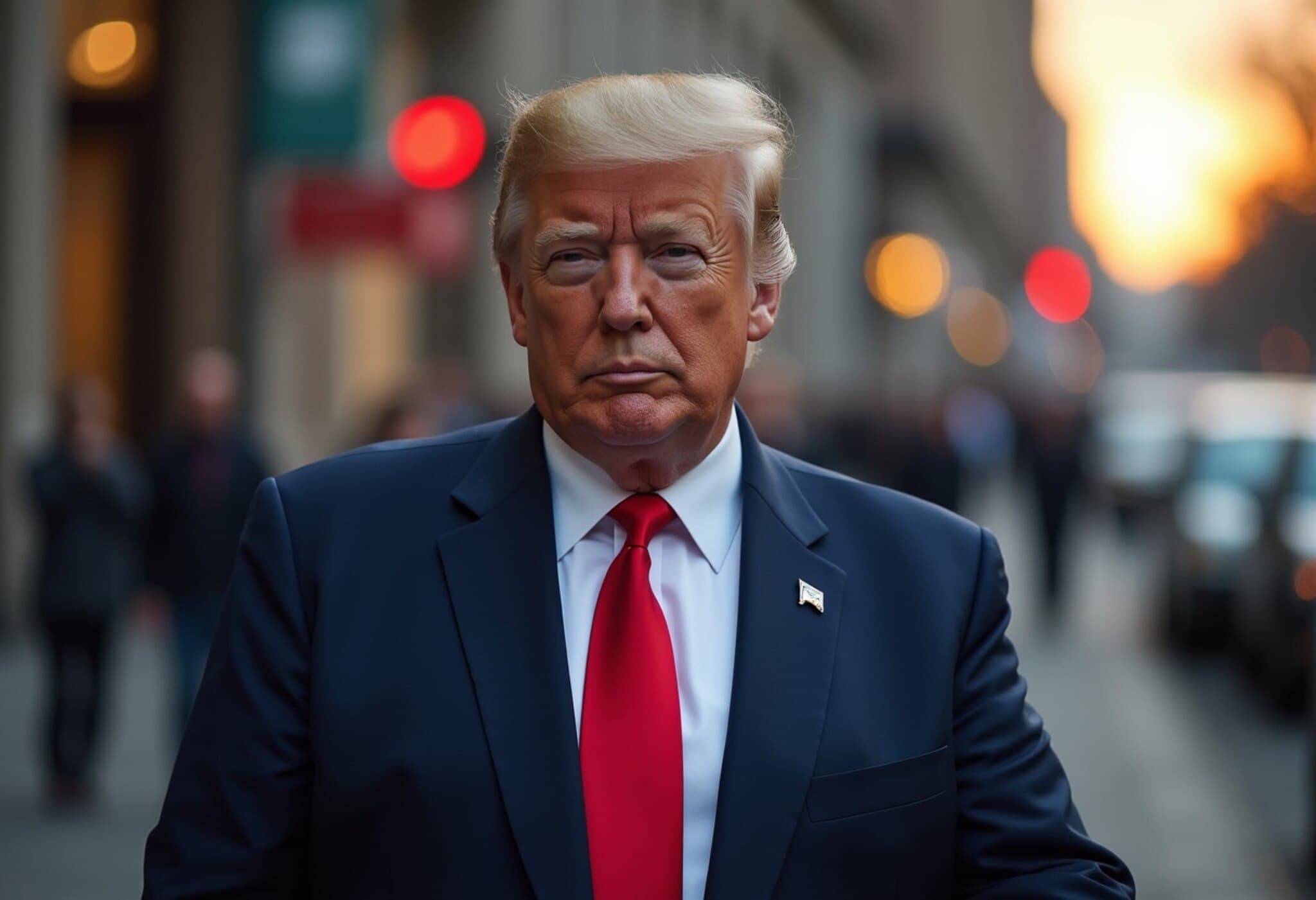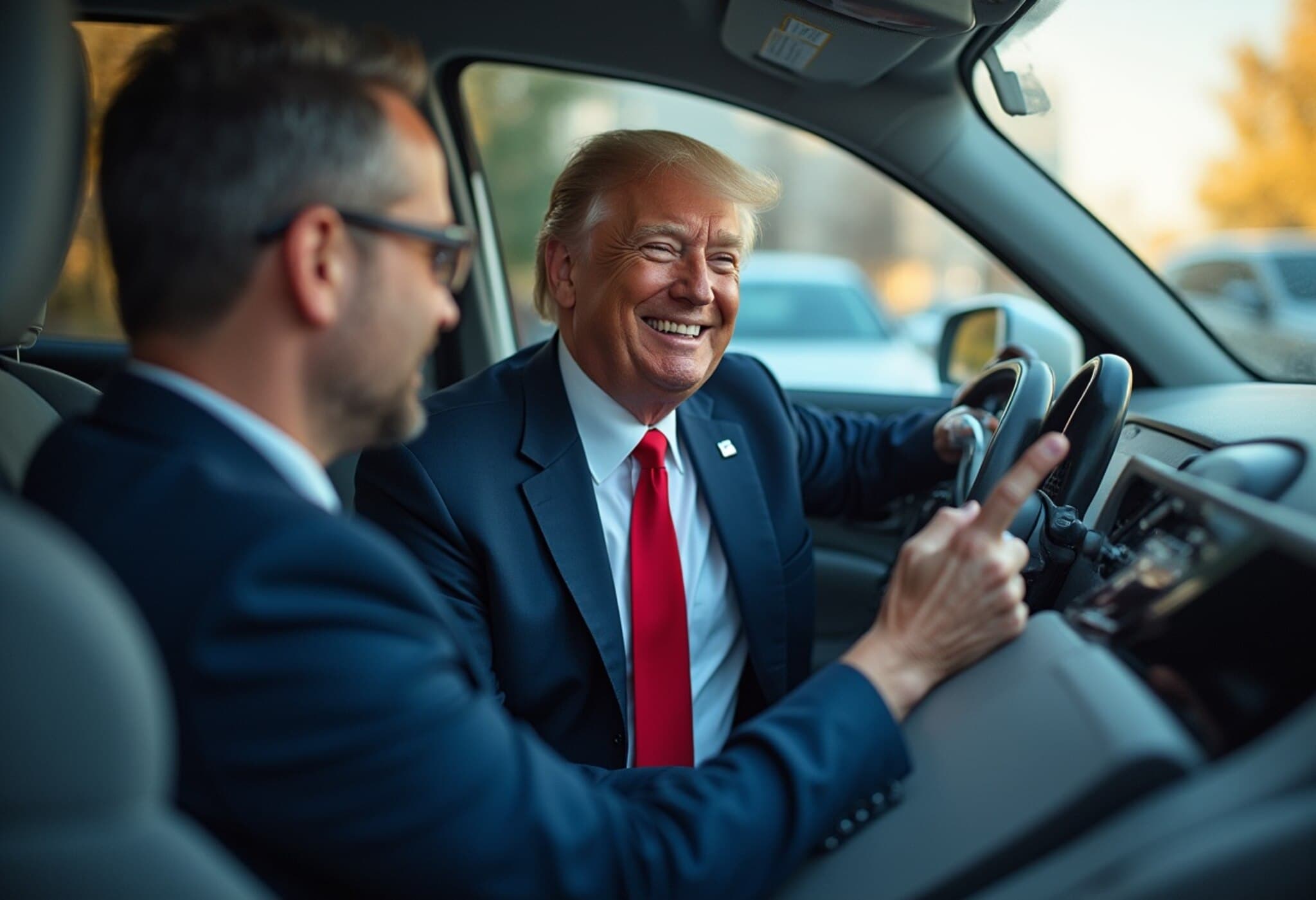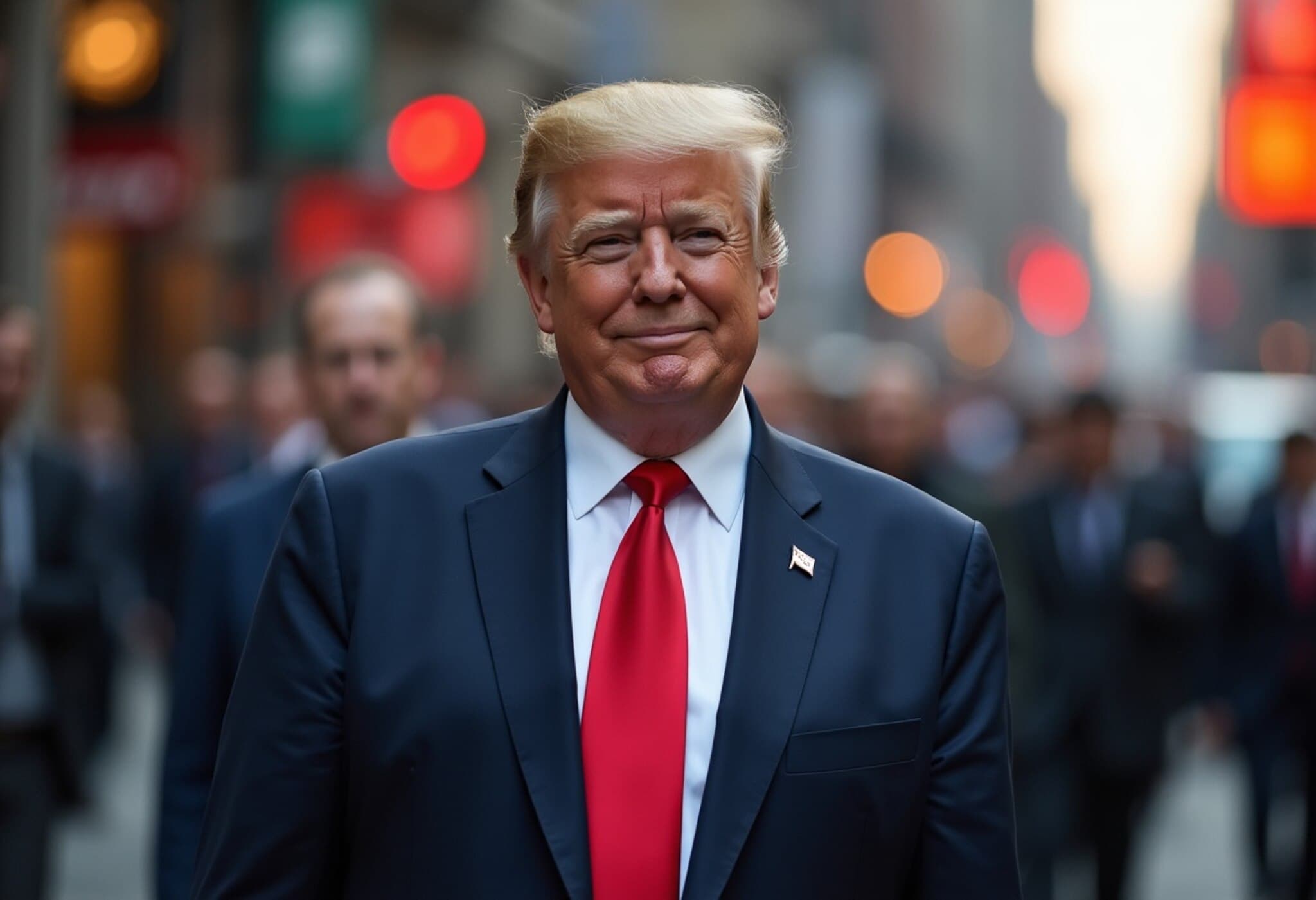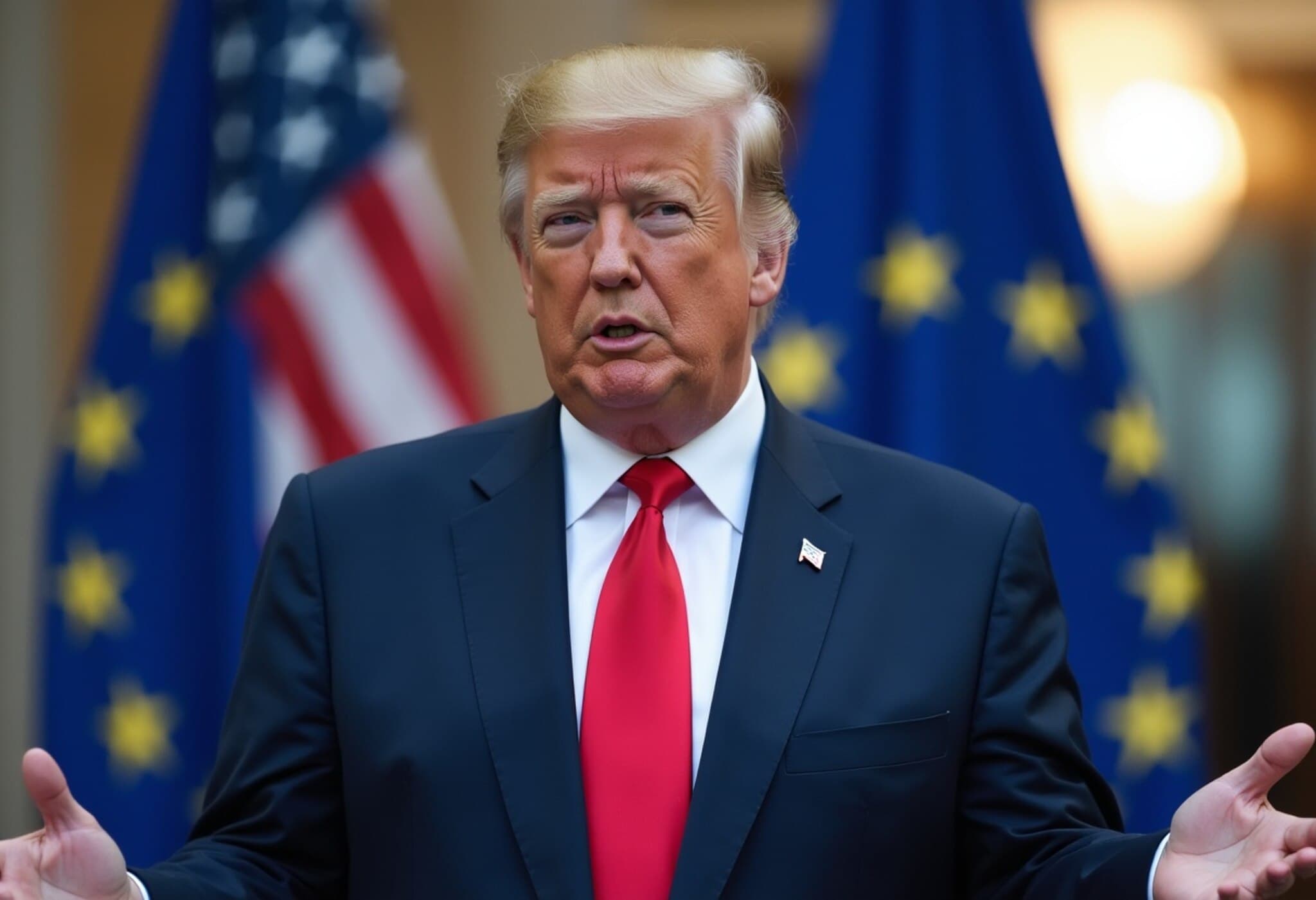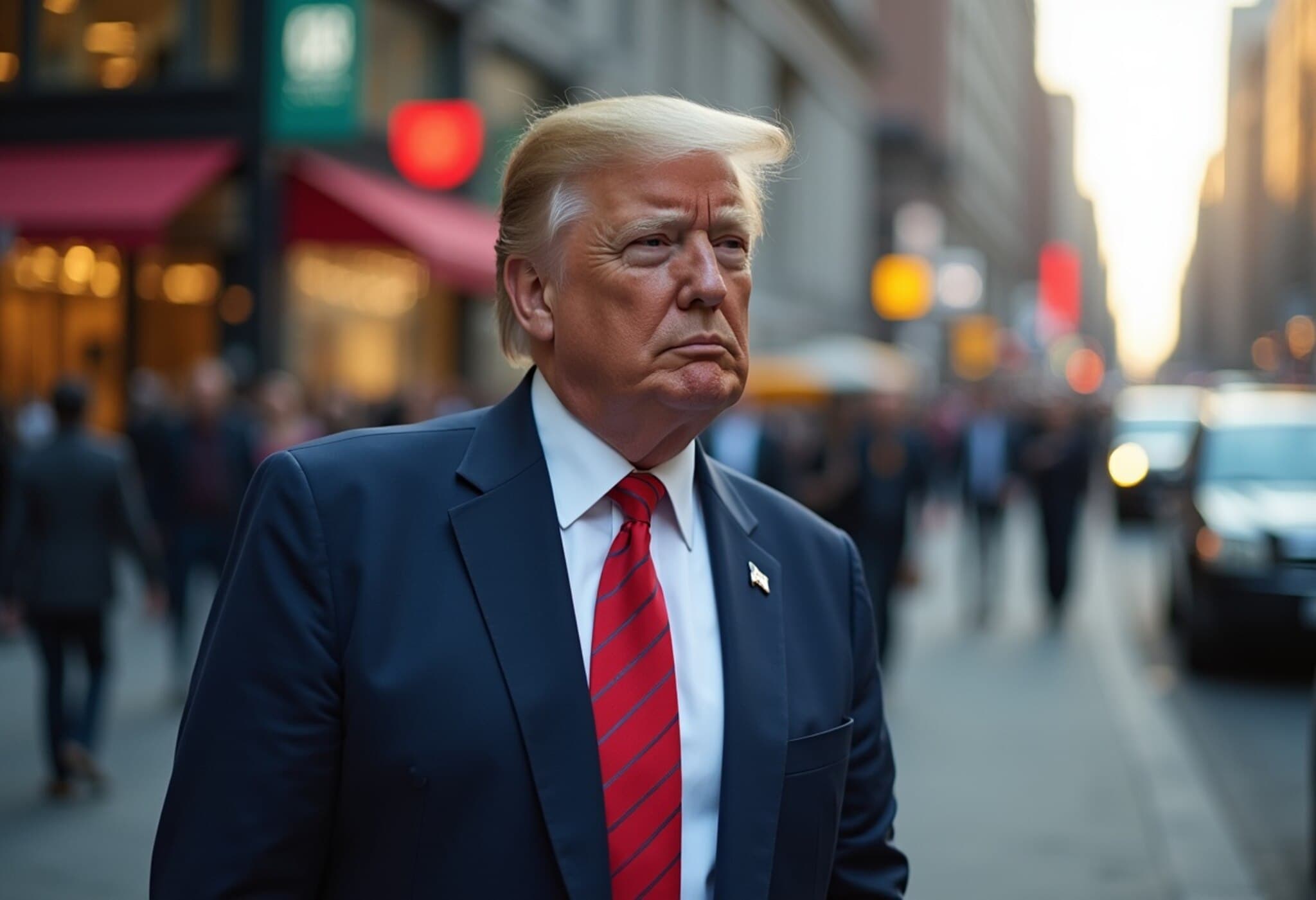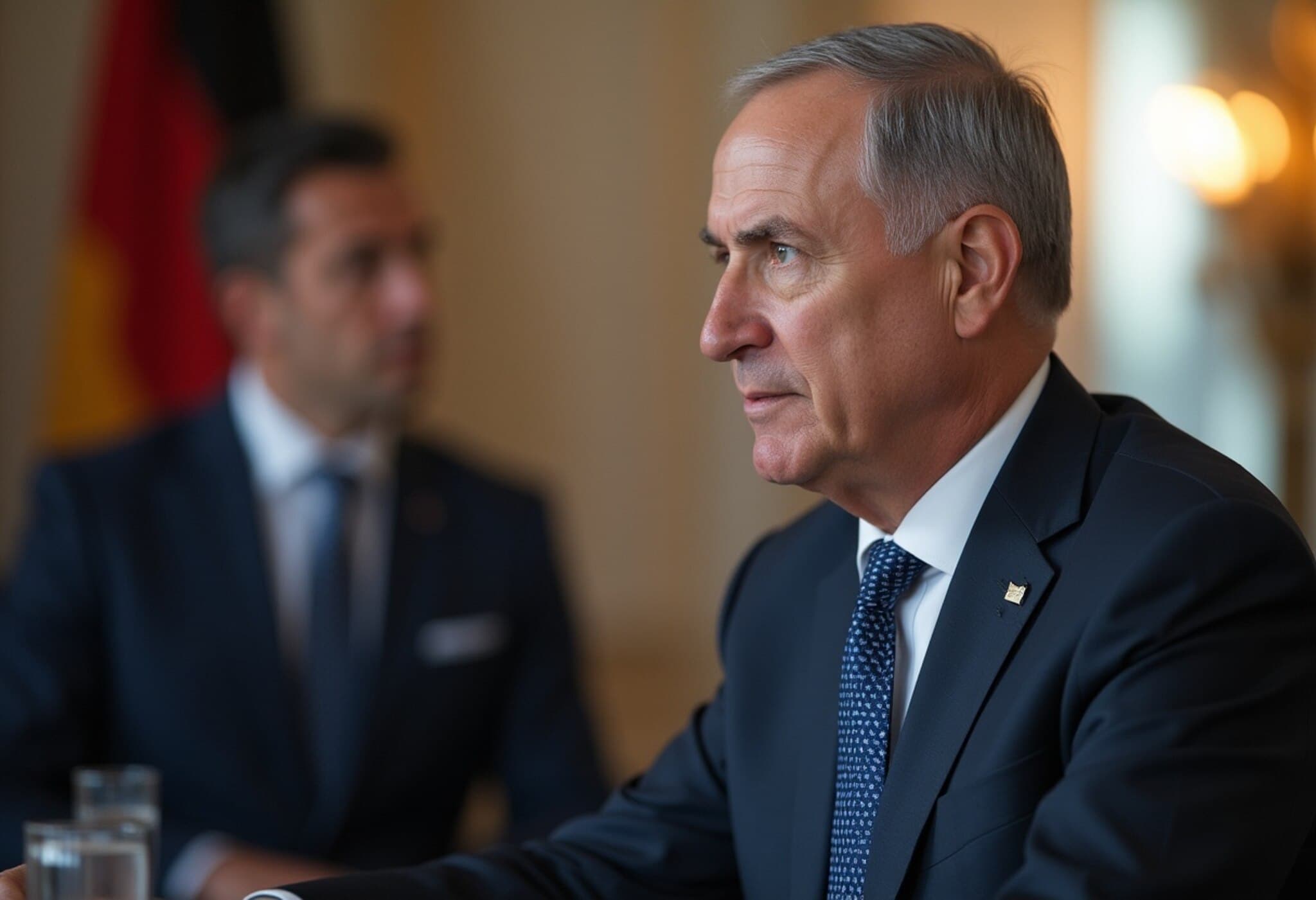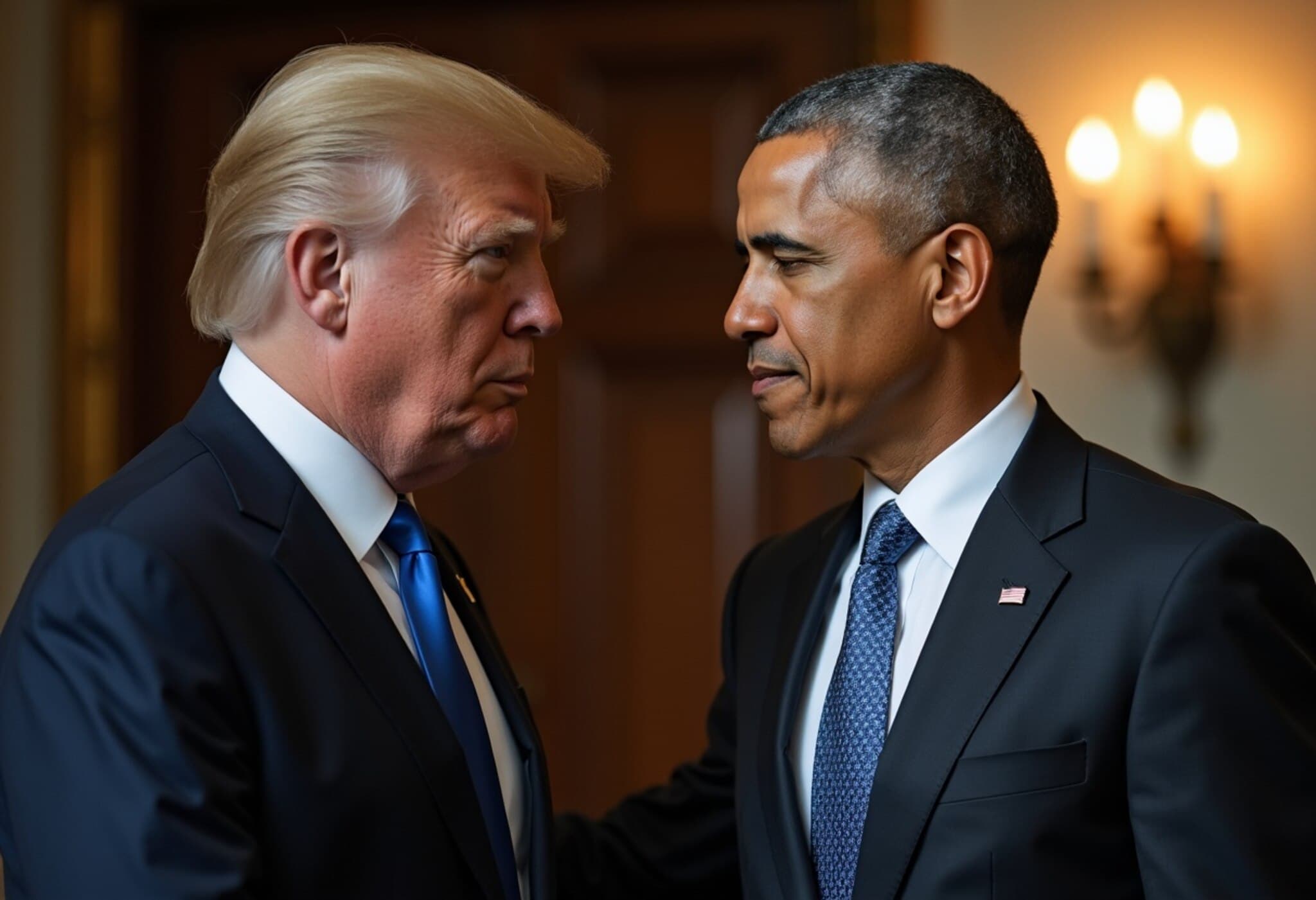European Auto Stocks Rally Amid Breakthrough in U.S.-Japan Trade Talks
Shares of leading European car manufacturers jumped significantly on Wednesday, fueled by fresh optimism surrounding a landmark trade agreement between the United States and Japan. This deal is seen as a potential catalyst for easing tariffs across other major auto-exporting regions, notably the European Union and South Korea.
Market Reaction: Gains Across the Board
In early trading, Germany’s automotive heavyweights Volkswagen, BMW, and Mercedes-Benz Group each gained more than 4%. The luxury automaker Porsche led the pack with a remarkable 7.4% surge. Milan-listed Jeep maker FCA also joined the upward momentum, climbing approximately 6%.
Japan’s stock market saw even more pronounced gains for its automotive sector: Toyota’s shares soared over 14%, with Honda and Nissan rising by 11% and 8%, respectively.
What the U.S.-Japan Trade Deal Entails
The newly agreed trade deal aims to reduce U.S. tariffs on imported Japanese vehicles and parts from the existing rate of 25% down to 15%. This significant reduction is widely regarded as the largest automotive tariff adjustment in recent years.
Japanese Prime Minister Shigeru Ishiba heralded the accord as historic, noting it places Japan's tariff rate as the lowest among nations with trade surpluses against the U.S., underlining the strategic importance of the pact for Japan’s export-driven economy.
Implications Beyond Japan: Echoes for the EU and South Korea
Expert analysis suggests that this bilateral shift could reshape tariff negotiations across the globe. Citi economist Katsuhiko Aiba highlighted that the removal of export caps alongside tariff cuts for Japan signifies a breakthrough that could set a new precedent:
- No export limits: The deal reduces tariffs without imposing quotas, potentially nudging Washington to reconsider similar terms with other key exporters.
- Model for future deals: The agreement may pressure the EU and South Korea to revisit their current talks with the U.S., accelerating efforts to secure comparable concessions.
The European Union, facing its own tariff challenges with the U.S., has been striving for a similar resolution. However, recent tensions have escalated following U.S. President Donald Trump's announcement of possible tariff hikes on EU imports, threatening to raise levies from 25% to 30% if no agreement is reached by August 1.
Given that the U.S. is a key export destination worth roughly 22% of the EU’s automotive shipments, the stakes are particularly high for European carmakers.
The Bigger Picture: Global Auto Industry and Trade Dynamics
The automotive sector operates within complex, globally-integrated supply chains, making it uniquely sensitive to tariff barriers. For Japan, auto exports represent a critical 28.3% of total shipments in 2024, underscoring the economic implications.
HSBC economists view the tariff cuts as a ‘massive boon’ for Japan, noting that the deal’s favorable terms could tip the scales for the Asian auto export landscape. Meanwhile, the U.S.-Japan pact includes discussions on liquefied natural gas trade, signaling a broader strategic partnership.
Observers will keenly watch how these developments influence U.S. trade policy toward other major economies, especially as global trade tensions persist in an unpredictable geopolitical climate.
Expert Insight: What Lies Ahead?
This trade agreement reflects a nuanced pivot in U.S. trade strategy—balancing protectionism concerns with the realities of global market interdependence. Whether the EU and South Korea can galvanize similarly favorable deals remains a crucial question, one that could redefine the competitive dynamics in automotive manufacturing for years to come.
Editor’s Note
This unfolding story reveals how bilateral trade agreements can set powerful examples that ripple through global markets. While the U.S.-Japan deal offers immediate relief to automotive exporters and investors, it also raises pressing questions about the future of transatlantic trade relations and the limits of tariff diplomacy.
As auto giants rally, readers and industry watchers should consider: Will the EU secure comparable terms without escalating trade tensions further? How will these tariff changes shape consumer prices and manufacturing choices globally? The answers will be pivotal for anticipating the next chapter in international trade and automotive innovation.



